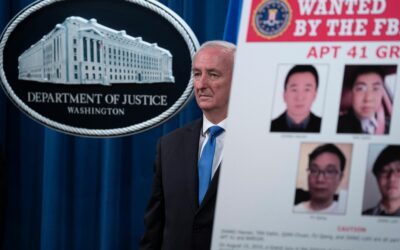Bottom Line: In the digital age, determining the origins of cyberattacks is already difficult, but cyber actors can further muddy attribution by diverting blame for attacks to others. The intention is not necessarily to trick intelligence services – who are able to access information beyond technical forensics of the hack – but rather undermine public confidence in attribution and therefore undercut political will to respond to belligerent activity in cyberspace.
Background: A false flag operation – pretending to be someone else while conducting spycraft or warfare – is an age-old tactic. With the advent of cyber espionage and digital warfare, those maneuvering in the virtual domain can also conduct false flag operations.
“The Cipher Brief has become the most popular outlet for former intelligence officers; no media outlet is even a close second to The Cipher Brief in terms of the number of articles published by formers.” —Sept. 2018, Studies in Intelligence, Vol. 62
Access all of The Cipher Brief’s national security-focused expert insight by becoming a Cipher Brief Subscriber+ Member.
Subscriber+










